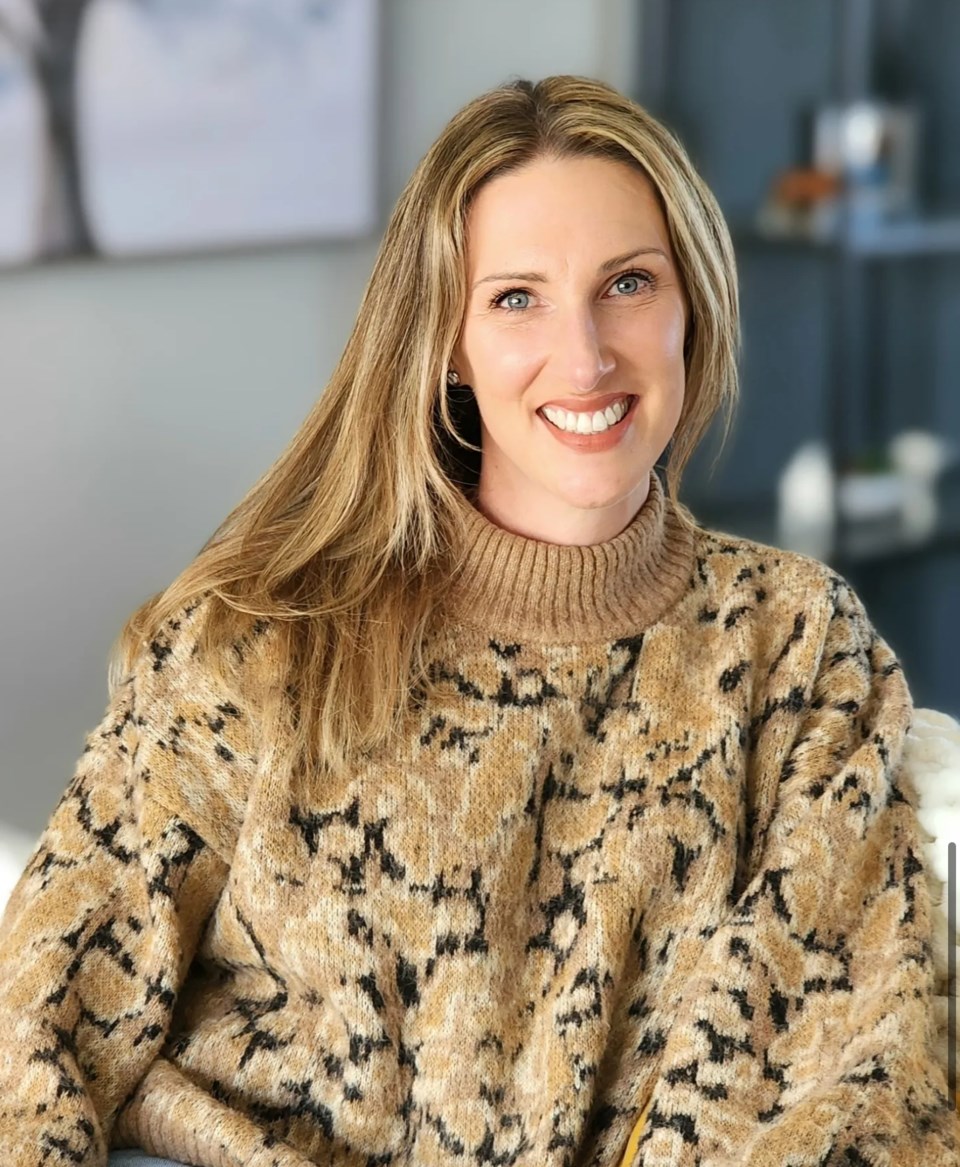BONNYVILLE – Burnout coach Jana Cook recently gave a presentation entitled Burnout 101, sharing her expertise on how to spot and manage the effects of burnout - something she said affects 48 per cent of employees.
The Bonnyville Lakeland Family Resource Network (LFRN) organized the event, which was held at the Parent Child Centre on April 9, and guests were invited to attend either in-person or virtually, making attendance accessible to all.
LFRN programmer Laurie-Ann Unrau said she had heard Cook when she was being interviewed on a radio station. Unrau said Cook’s insights stuck in her mind, and she was excited to introduce her to the attendees.
Hailing from southern Alberta, Cook shared her journey of burnout, from a high stress corporate job to becoming a mother. Cook said the effects of her burnout shook her to the core of who she was.
“I used to have this misconception that burnout was reserved for folks in the ivory tower with executive jobs, working 100 hours a week. I didn't realize until my second round of being burnt out that that's what it was, because it's difficult to diagnose. I want you to know that it's sneaky. So, it's important that we have these conversations,” said Cook.
Cook’s definition of burnout encompasses feelings of energy depletion or exhaustion, negativity or cynicism, and feeling unsuccessful, and she emphasizes how important it is to have the introspection to detect it in ourselves, but also to have people around us that can help spot it as well.
“These external things that happen to us as parents or employees, [like] lack of reward, lack of recognition, lack of control . . . they have an internal impact on our body, which impacts stress . . . [It’s] really important that we are aware of what those signs are because burnout is a slippery, sneaky, beast. If we can try to look out for each other as well and create that sense of community, it makes it that much better.”
Cook spoke about the effects of chronic, persistent, and unmanaged stress, resulting in a litany of physical and mental repercussions from gastrointestinal issues and back pain, to panic attacks and social withdrawal.
“Burnout it ultimately an equation. It boils down to: are your energy outputs greater than your energy inputs?”
Cook talked about having burnout prevention ideas that foster self-care.
“The important thing is that you use your introspection and understand what it is that you really need . . . look at what's important to you in the stage and phase of life that you're at and listen to your own body.”
Cook spoke about using movement and meditation to regulate your nervous system, the importance of sleep, and setting realistic expectations that have a “progress over perfection” mindset.
“Think about how much more refreshed, creative, patient, and productive you are after you take a real break. And I don't mean hitting [social media] for 20 minutes. I mean doing something such as drawing or painting. Something where your brain has a chance to go back into that default brain mode, which is where you are allowing creativity and daydreaming.”
Cook called attention to the fact that attending the presentation in-person was a means to surround oneself in community, and how important social connections are.
“It's important that we create a community and create a village to support each other . . . If you don't know the person next to you, it's a great chance to get to know them – that's making connections. Having community and having the support to lean on can make a big difference in your ability to prevent or overcome burnout.”



